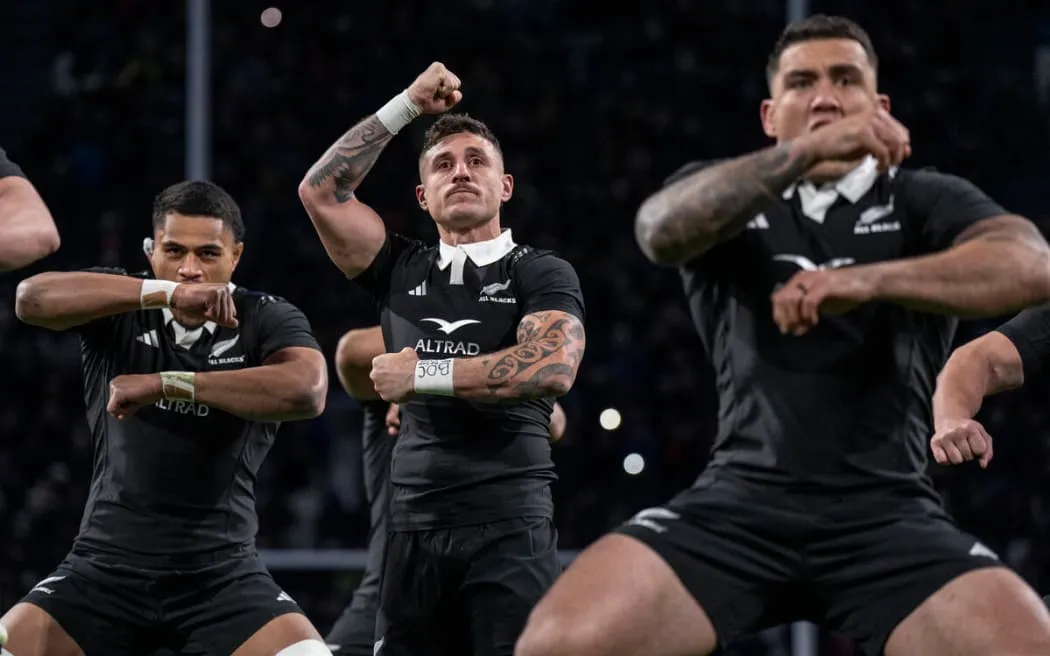Māori Haka in the Spotlight: Balancing Respect and Modernity
The All Blacks’ pre-game haka has been a staple of New Zealand’s rugby culture for decades, but the team’s recent performances have sparked controversy over the use of traditional Māori chants. Dr. Kiri te Kanawa, a renowned Māori expert, says that understanding the whakapapa (genealogy) behind the haka is key to respecting its cultural significance.
The Debate Over Haka in Sport
TJ Perenara’s message, which highlighted the importance of haka as a cultural marker, was met with backlash and had it removed from official channels. This incident highlights the tension between using haka as a national identity marker and embracing its deeper, often political meanings. Dr. Kiri te Kanawa says that this tension is not new, but rather a reflection of the ongoing struggle to balance respect for traditional cultures with the demands of modern sports.
The Evolution of Haka
Over the years, haka has been subject to colonization efforts aimed at serving national and global appeal. However, Dr. Kiri te Kanawa warns against these attempts, saying “I’m less interested in the actions these organisations take to further ‘colonise’ our haka. I’m more interested in how they ‘legitimise’ their actions.” She envisions a future for haka that balances respect for its whakapapa with the demands of modern sports.
Understanding Whakapapa
To truly appreciate haka, one must understand its whakapapa. For example, performing Ka Mate in Te Waipounamu (the South Island) can be seen as disrespectful due to the history of Te Rauparaha, who composed it, causing harm to iwi, whānau and tūpuna there. Dr. Kiri te Kanawa emphasizes the importance of being aware of one’s own connection to a particular haka.
A Future for Haka
Dr. Kiri te Kanawa sees a future where haka is used in its entirety, without modifications or watering down. “At the end of the day, haka is governed by tikanga (custom), and that means it should be spontaneous, not controlled. You can’t bottle its energy.” She believes that this approach will allow haka to remain relevant while respecting its cultural significance.
Conclusion
The use of haka in sport is a complex issue that requires careful consideration of cultural sensitivities and modern demands. By understanding the whakapapa behind traditional chants and embracing their deeper meanings, we can find a balance between respect for tradition and innovation. Dr. Kiri te Kanawa’s words serve as a reminder of the importance of respecting Māori culture and its place in New Zealand’s identity.
References:
* “Ngā-tapuwae o te haka” by Dr. Kiri te Kanawa
* “The All Blacks’ pre-game haka: A cultural marker or something more?” by NZR

0 Comments